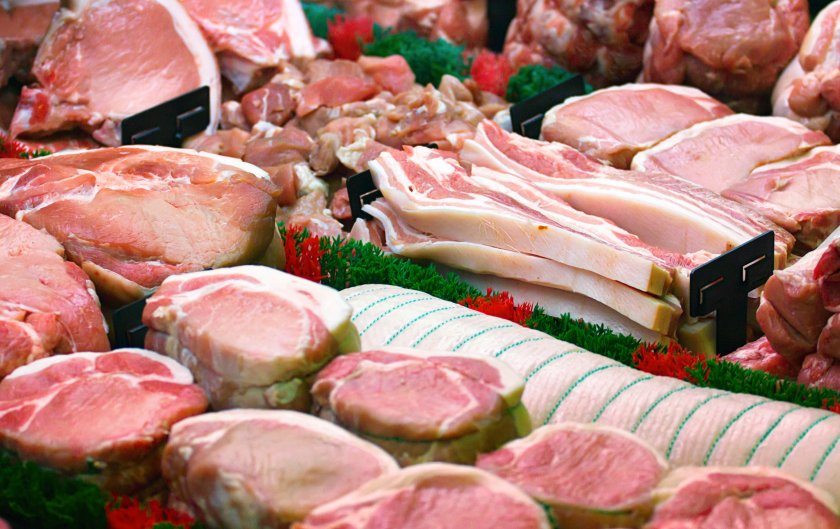
Labelling on pork products is not helpful in helping the public to make informed decisions when buying more sustainable meat, a study has found.
Researchers have evaluated different types of pig farming – including woodland, organic, free range, RSPCA assured, and Red Tractor certified.
They assessed each systems’ impact across four areas: land use (representing biodiversity loss), greenhouse gas emissions, antibiotics use and animal welfare.
Their study concludes that none of the farm types performed consistently well across all four areas – a finding that has important implications for increasingly climate conscious consumers, as well as farmers themselves.
However, there were individual farms that did perform well in all domains, including an indoor Red Tractor farm, an outdoor bred, indoor finished RSPCA assured farm and fully outdoor woodland farm.
Andrew Balmford, senior author, said: “Somewhat unexpectedly we found that a handful of farms perform far better than average across all four of our environmental and welfare measures". However, none of the current label or assurance schemes predicted which farms these would be.
Lead author Dr Harriet Bartlett added that the way farm types are classified and labelling on pork isn’t helpful for making informed decisions when it comes to buying more sustainable meat.
"Even more importantly, we aren’t rewarding and incentivising the best-performing farmers," Dr Bartlett explained.
"Instead of focusing on farm types or practices, we need to focus on meaningful outcomes for people, the planet and the pigs – and assess, and reward farms based on these,."
The findings, from the universities of Cambridge, Oxford and Sao Paulo in Brazil, also show that common assumptions around food labelling can be misplaced.
For instance, organic farming systems, which consumers might see as climate and environmentally friendly, have on average three times the CO2 output per kg of meat of more intensive Red Tractor or RSPCA assured systems and four times the land use.
However, these same systems use on average almost 90% fewer antibiotic medicines, and result in improved animal welfare compared with production from Red tractor or RSPCA assured systems.
The way livestock farms are classified must be improved, Dr Bartlett said, because livestock production is growing rapidly, especially pork production, which has quadrupled in the past 50 years.
Pig farming also uses more antibiotics than any other livestock sector, and 8.5% of all arable land, she noted.
“Our findings show that mitigating the environmental impacts of livestock farming isn’t a case of saying which farm type is the best,” she said.
“There is substantial scope for improvement within types, and our current means of classification is not identifying the best farms for the planet and animals overall.
"Instead, we need to identify farms that successfully limit their impacts across all areas of societal concern, and understand, promote and incentivise their practises.”
The study reached its conclusions using data from 74 UK and 17 Brazilian breed-to-finish systems, each made up of 1-3 farms and representing the annual production of over 1.2 million pigs.
“To the best of our knowledge, our dataset covers by far the largest and most diverse sample of pig production systems examined in any single study,” said Dr Bartlett.
